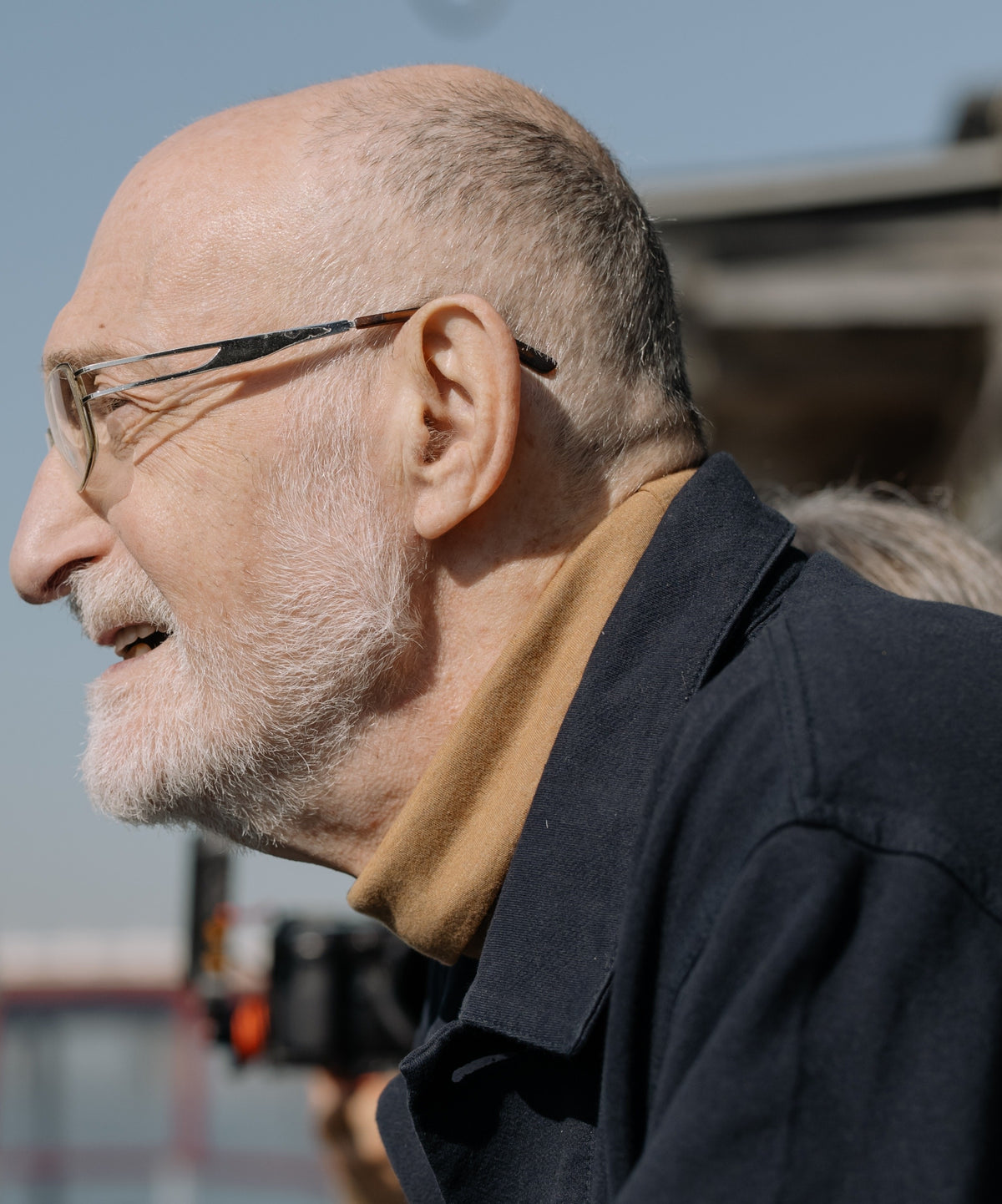Some Risky Behavior Might Be Necessary for Your Elder’s Mental Health

Dear Carol: My dad, 72, has been adventurous all his life and that spirit doesn’t seem to be dampened by aging or even some health problems. He’s always loved snow skiing though thankfully he settles for just cross-country skiing on our flat trails. He still wants to ride his bike in all seasons except winter, and that scares me to death. He says this is healthy. Yes, but what if he falls while doing these things? How do I convince him that he’s risking life and limb with the way he lives? His brain seems to be working fine so I’m limited in how much I can intervene, but I live in fear that he will have a terrible accident and end up in a wheelchair or even die. Help! – DP
Dear DP: I hear you. It’s scary to watch an older person take off on a bike let alone on skis. While accidents happen to young people as well, they are less likely to break bones and if they do, they are far less likely to be permanently disabled or even die from the injury.
Your dad makes me think of my neighbor, Joe, for whom I provided care over the years. He was older than your dad but was still determined to walk the mile to get downtown even in the winter. I offered to drive him, but no, he wanted his independence. I pointed out that he could afford a cab. Again, no, he’d do that coming home but not going. I’d see him walk by my house when we had snow on the ground and precarious sidewalks and my heart would nearly stop. Did he fall? Yes. Once our mail carrier found him and made sure he got home. Yet, well, what could I do? This was important to him and it was his life.
Joe’s mental health, his dignity, and his freedom to choose were far more valuable to him than his physical health, or even his life. When I’d explain that if he fell, he could lose all independence, he shrugged it off. I learned a lot from Joe, but the most important thing was that with dignity there often comes some risk. His story illustrates to me that how we as adults show love to our parents and/or friends can become selfish in our need not to worry. In our need to protect.
How can you help your dad? You can remind him as you have – whether or not he listens is another story – but you can remind him occasionally that a bad fall could put an end to his independence for good. At least then you will feel that you’ve done your job. If you say your piece without judgment and then let it go, he may be less defensive and over time learn to compromise.
Try to remember that your dad is an adult, not a child. He most likely was strong and seemingly indestructible when you were growing up, so now it’s hard for you to see the inevitable effects of aging, so you naturally, worry about losing him.
It’s up to you to accept that while he’s physically more fragile now, his mental health is as vital to him as his physical health. Taking some risks is part of maintaining how he maintains his dignity and mental health. Take a deep breath and learn to compromise with him. This is a scary but respectful adjustment for you but the whole issue is about respecting his choices. It’s about how he wants to live his last years.
***
Discover the Difference. EGOSAN - the Top-Rated incontinence brand from Italy. Now Available on Amazon.




